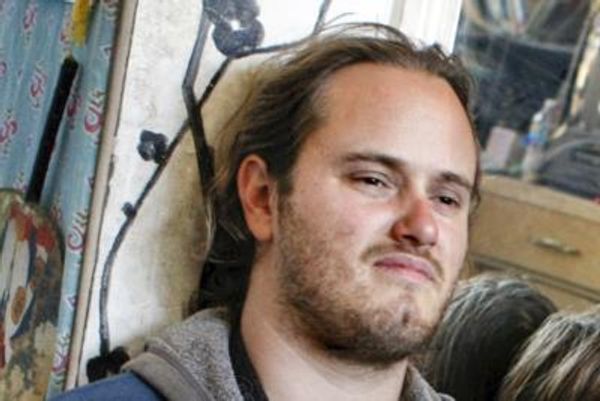
The health secretary, Steve Barclay, is supporting the introduction of Martha’s rule in hospitals in England. Here the Guardian examines what it is and what it will mean for patients and their families.
What is Martha’s rule?
It gives patients and their families in England the legal right to a second opinion from senior medics in the same hospital if they are deteriorating rapidly and feel their concerns are being dismissed.
How would it work?
Patients, families and carers would have the power to directly contact an independent critical care team and ask them to conduct a review of the patient’s condition if their condition is deteriorating or they have other serious concerns. Hospital wards would have to display contact information for the teams.
Why is it being introduced?
Martha Mills died in 2021 after developing sepsis at King’s College hospital NHS foundation trust in south London, where she had been admitted with pancreatic injury after falling off her bike.
A coroner ruled last year that Martha would most likely have survived had her doctors moved her to intensive care earlier. Her mother had explicitly raised concerns about sepsis, but was ignored.
One in five patient safety incidents are caused by communication problems and the hope is that this rule would improve patient outcomes.
How easy will it be to put in place?
While many hospitals already have critical care outreach teams, it is not clear how many are available 24 hours a day. Smaller hospitals are less likely to have such systems, so trusts that do not have these teams would need to set them up.
How much will it cost?
In hospitals with these outreach teams, the main costs would be producing the materials such as posters and stickers to publicise who patients should contact to request a review. Others would need to hire or redeploy staff to provide such reviews.
What has the government committed to?
Speaking on the Today programme, Barclay said he was committed to introducing the scheme as quickly as possible and that the patient safety commissioner, Henrietta Hughes, would work with NHS England to look at proposals and build on evidence from trusts where there were similar standards in place already. He said he wanted consistent standards and to avoid having different schemes across England. He indicated funding would be made available.
What about the other UK countries?
The Welsh government says it is considering what it can do to ensure everyone is aware of the already existing right for a patient or their family to request a second opinion. It will build on the work already under way to raise awareness of sepsis, a spokesperson said.
In Scotland, there are no plans to strengthen existing legislation. The Scottish government said that patients already have the right to request a second opinion as part of the 2019 charter of patient rights and responsibilities that sets out a person’s entitlement when using NHS services and receiving NHS care in Scotland. But crucially, the charter does not mean that patients will automatically get a second opinion if they ask for one. It states: “Patients can ask for a second opinion before making a decision about their care and treatment, and where possible, their request will be met.”
A spokesperson for the Department of Health in Northern Ireland said it was “committed to improving patient safety and confidence in our systems of care, this includes the review of new policy and legislation introduced in other parts of the UK”.
Will it work?
Similar schemes in Australia and parts of the US and some UK hospitals have been shown to be highly effective. The Call 4 Concern system at Royal Berkshire hospital has also proved to be highly effective.
What do clinicians think?
Dr Jeanette Dickson, chair of the Academy of Medical Royal Colleges, which represents the 24 medical colleges and faculties across the UK, said medical colleges supported the introduction of Martha’s rule. She said that although there would be situations where it might not be appropriate, they agreed with the principal aim of making the process of getting a second opinion “as simple and as standardised as possible” across the NHS in England. She added, however, that it stood less chance of succeeding if it was cumbersome, time-consuming and risked getting in the way of the timely delivery of high-quality care.
The Royal College of Nursing said it thought Martha’s rule was a “step in the right direction” and said nurses would have a lot to contribute to developing the system as they knew “only too well of the importance of involving patients in every step of their care”.







